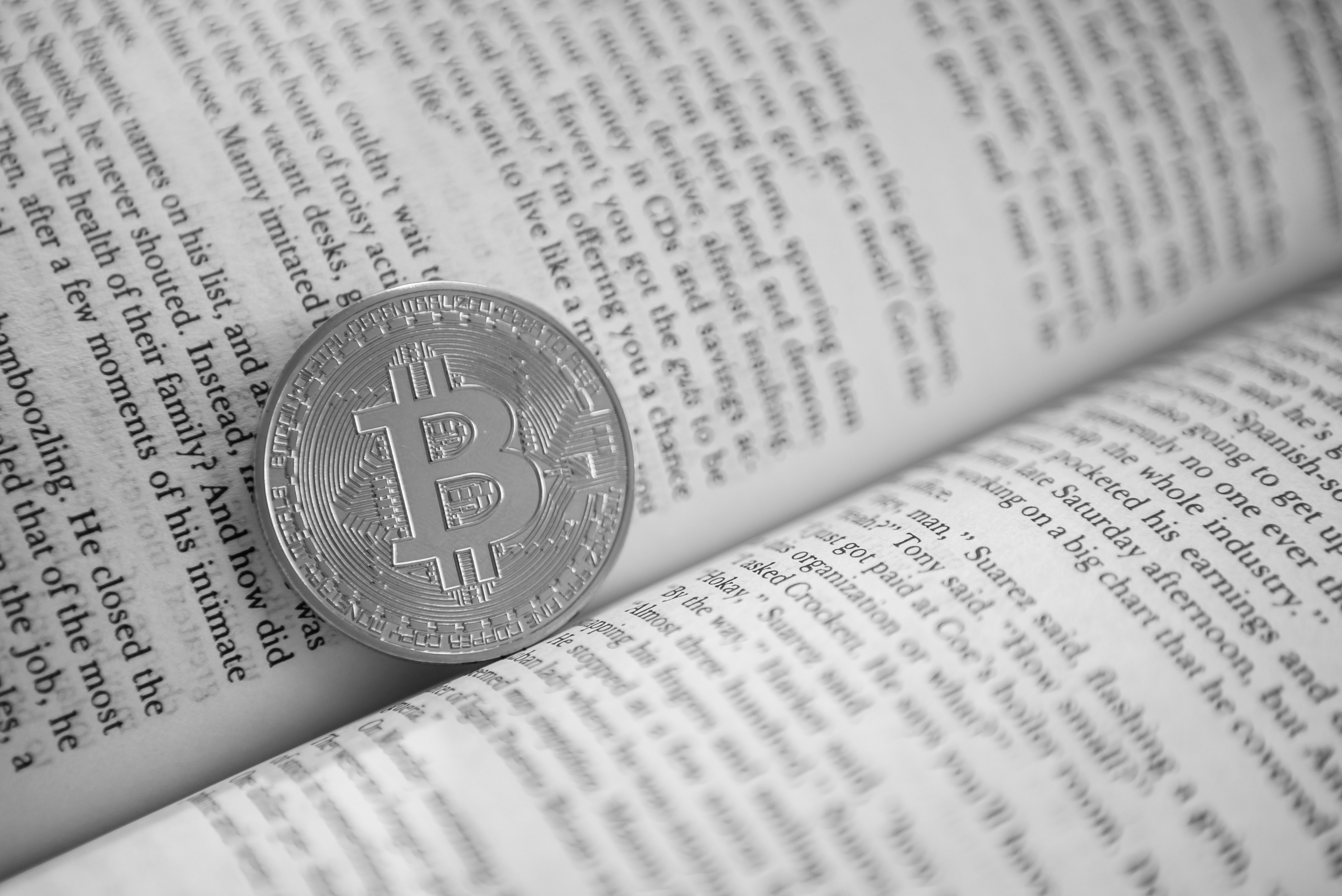Summary
Recently, the EU VAT Committee issued Working Paper No 1037 about the VAT treatment of crypto-assets. Although the views expressed in this document are not legally binding, they are nevertheless interesting.
In this Working Paper, the so-called Commission Services argues that the exchange of crypto-assets is VAT-exempt. The same applies for the providing of certain digital wallets.
Background
The use and trade of crypto-assets increases rapidly. This results in challenges for the local tax administrations, since the current VAT-law contains no specific rules for the VAT-treatment of crypto-assets. Also the technical features and nature of the assets are evolving.
In order to create an EU wide uniform basis of assessment, it is preferable to reach common consensus about the VAT-treatment of crypto-assets. The Commission Services has therefore expressed its view in the working paper with a request to the delegations to provide their comments. Below, we outline some views of the Commission Services as mentioned in the Working Paper.
VAT and online crypto exchange
Crypto-assets can be traded via different ways, e.g. via a so-called called DEX or third party exchange.
Based on the EU VAT-law, an obligatory VAT-exemption applies for transactions concerning currency, bank notes and coins used as legal tender.
Therefore, in the so-called Hedqvist case, the European Court of Justice ruled that the exchange of traditional currencies for bitcoins and vice versa, is a VAT-exempt transaction. Relevant in this case was that Bitcoins are used as means of payment and is accepted for that purpose by certain companies.
The Commission Services takes the view that the VAT-exemption also applies to exchanges of crypto-assets for other crypto-assets. It is however our experience that local tax authorities apply the VAT-exemption strictly, since the VAT-exemption triggers also regulatory and supervisory issues.
Please note that when the VAT-exemption applies no VAT would be due for the transaction fee. However, as far as the customer/transaction is located outside the EU, input-VAT attributable to the transaction would be deductible.
VAT and the supply digital wallets
In order to hold crypto-asset accounts and to carry out transactions, traders need a digital wallet.
The Working Paper mentions that it could be justified that the supply of a digital wallet (against a fee) is VAT-exempt when crypto-assets are made available to users and create rights and obligations. The Commission Services argues however that the exemption does not apply when the main function of the wallet is to connect the users and the miners. It is not mentioned in the Working Paper whether the providing of digital wallets could be considered as an ancillary service of the crypto exchange and follows therefore the same VAT-treatment as the exchange service.
Way forward
As mentioned earlier, the VAT-treatment of crypto-assets is not fully clear yet. The views mentioned in the Working Paper are also non-binding and local tax authorities could take an alternative view.
If you prefer that, the VAT-team of HVK Stevens is of course happy to discuss the VAT-status of your company and the long term tax strategy.




